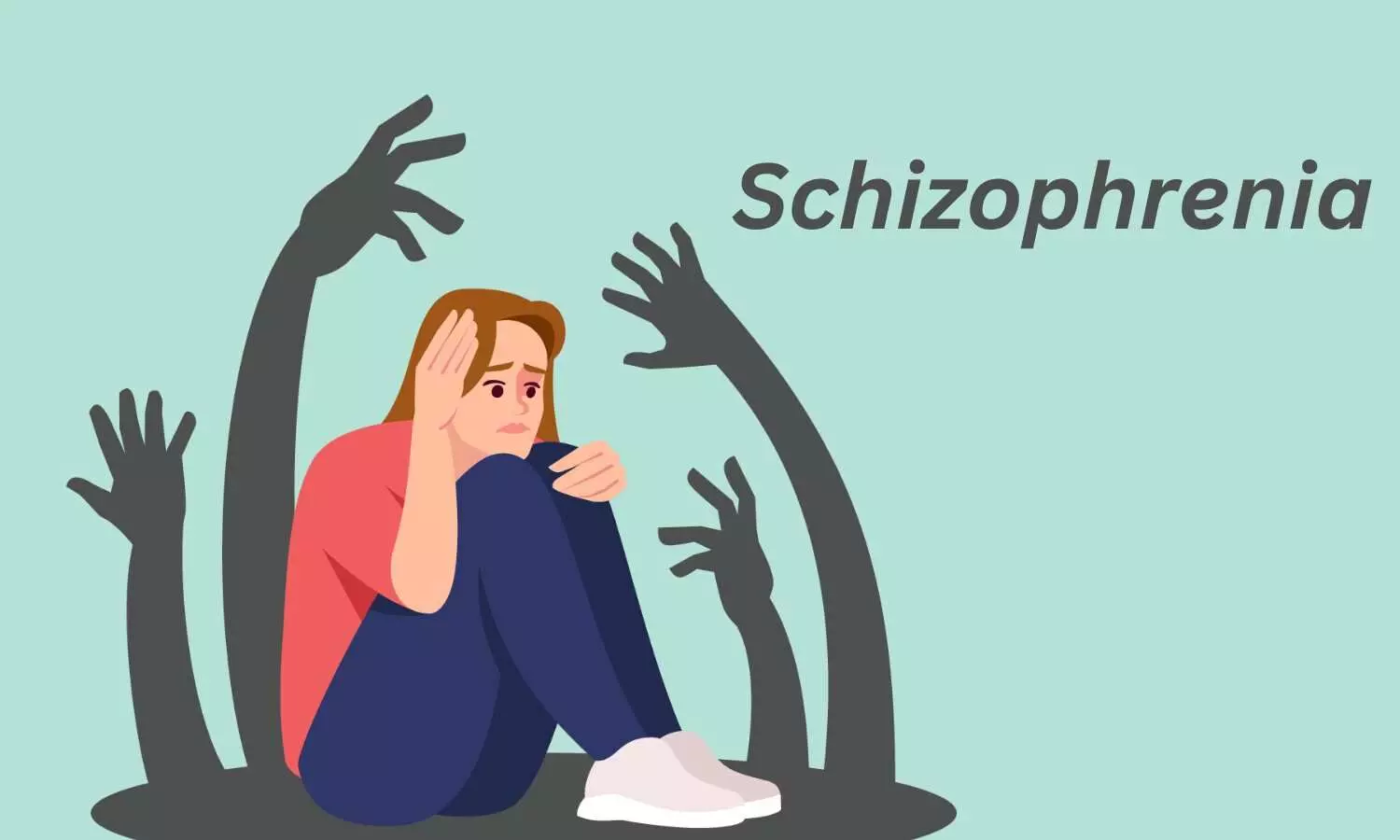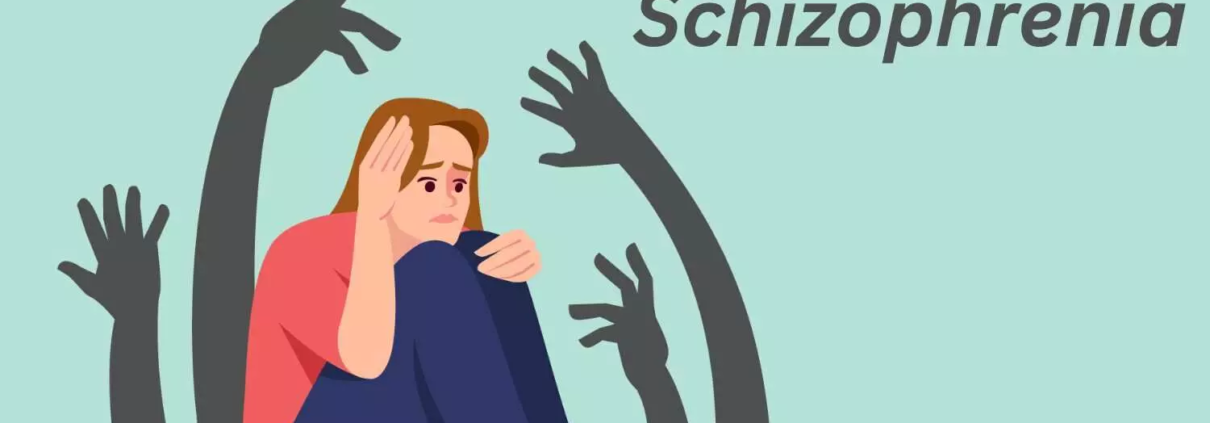Xanomeline-trospium found efficacious among schizophrenia patients experiencing acute psychosis: JAMA

Researchers discovered that xanomeline-trospium, a new-generation antipsychotic devoid of D2 dopamine receptor blocking activity, has shown potency and tolerance in patients with schizophrenia who present with acute psychosis. A recent study was conducted by Inder Kaul and colleagues. This study was published in JAMA Psychiatry.
Schizophrenia affects millions of people worldwide, with current treatments often limited by side effects, including weight gain, sedation, and movement disorders due to D2 dopamine receptor blockade. Xanomeline-trospium combines xanomeline, a dual M1/M4 muscarinic receptor agonist, with trospium chloride, a peripheral muscarinic receptor antagonist, to enhance tolerability.
The EMERGENT-3 clinical trial was a 5-week, multicenter, double-blind, randomized, placebo-controlled study performed at 30 inpatient sites in the US and Ukraine. A total of 256 adults with schizophrenia and acute psychosis were randomized 1:1 to xanomeline-trospium (maximum dose: 125 mg/30 mg) or placebo. The main measure of outcome was the change in Positive and Negative Syndrome Scale (PANSS) total score at week 5 compared with baseline. Secondary measures were changes in PANSS subscale scores and Clinical Global Impression–Severity (CGI-S) scores.
Key findings of the study were:
Primary Outcome:
-
PANSS total score change at week 5 compared with baseline was reduced by 20.6 points with Xanomeline-trospium, and by a reduction of 12.2 points with placebo.
-
The least squares mean difference was −8.4 (95% CI: −12.4 to −4.3; P < .001).
Secondary Outcomes:
-
Both PANSS positive and negative subscale scores and PANSS Marder negative factor scores improved significantly.
-
More participants in the xanomeline-trospium group than in the placebo group showed a reduction of at least 30% in PANSS total score.
Safety Profile:
-
Treatment-emergent adverse events (TEAEs) prompted discontinuation in 6.4% of the xanomeline-trospium and 5.5% of the placebo participants
-
Common TEAEs were nausea in 19.2% vs 1.6%, dyspepsia in 16.0% vs 1.6%, vomiting in 16.0% vs 0.8%, and constipation in 12.8% vs 3.9%
-
No between-group differences were observed for extrapyramidal symptoms, weight gain, or somnolence.
Xanomeline-trospium has been shown to be effective and well tolerated in the treatment of acute psychosis associated with schizophrenia with minimal D2 dopamine receptor blockade. This new therapy provides hope to transform the treatment landscape for schizophrenia, overcomes the limitations of current drugs, and brings about new possibilities for millions of patients around the world.
Reference:
Kaul, I., Sawchak, S., Walling, D. P., Tamminga, C. A., Breier, A., Zhu, H., Miller, A. C., Paul, S. M., & Brannan, S. K. (2024). Efficacy and safety of xanomeline-trospium chloride in schizophrenia: A randomized clinical trial. JAMA Psychiatry (Chicago, Ill.), 81(8), 749. https://doi.org/10.1001/jamapsychiatry.2024.0785



